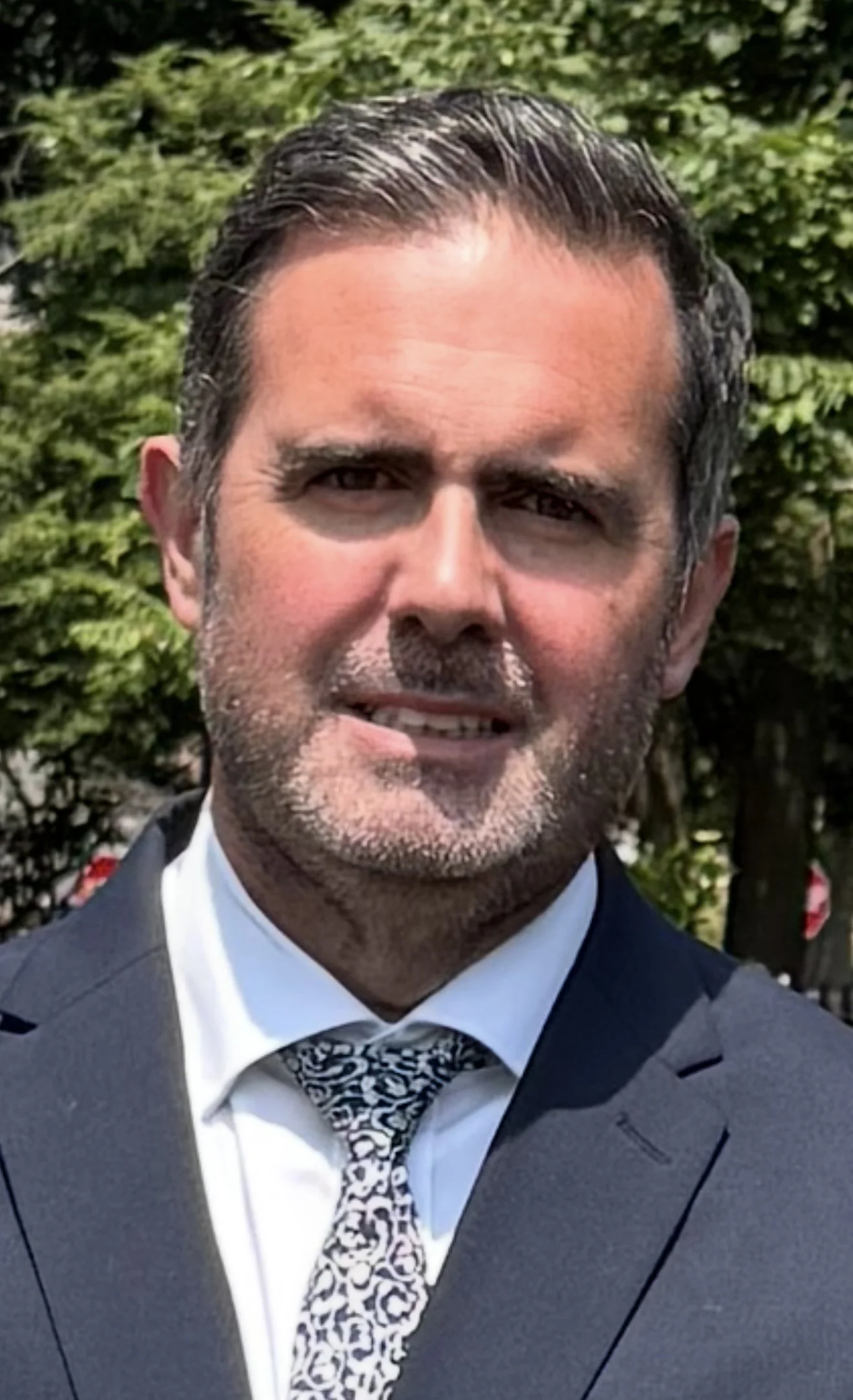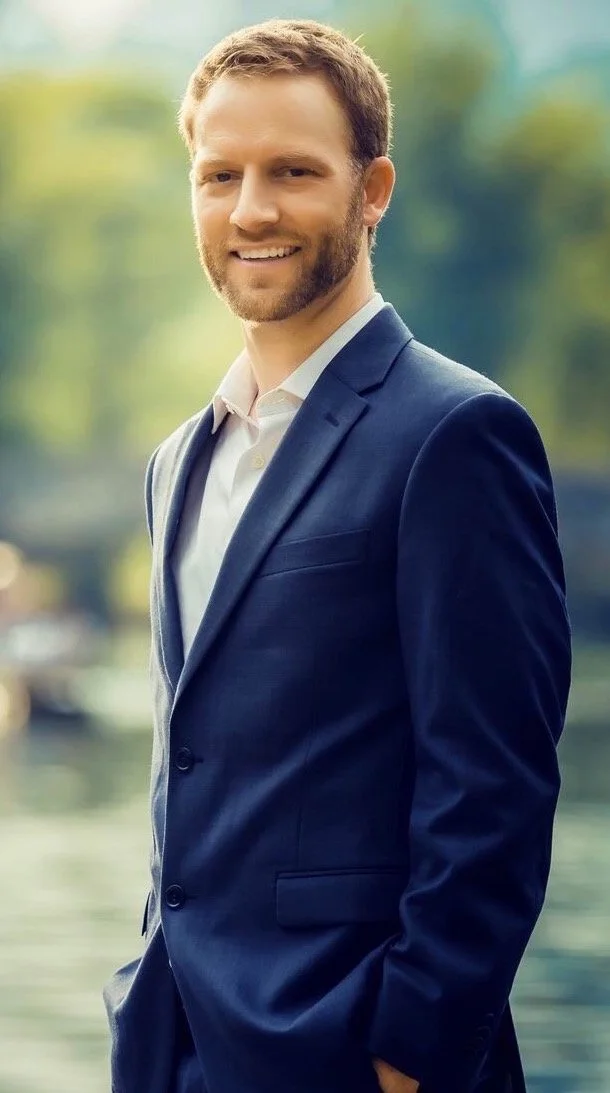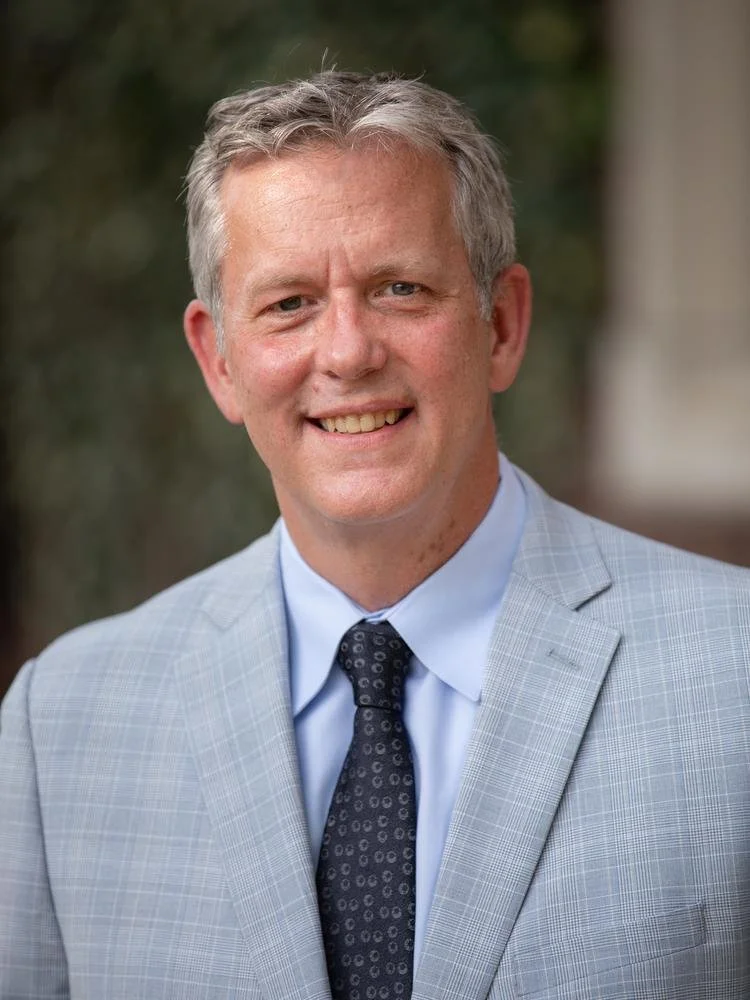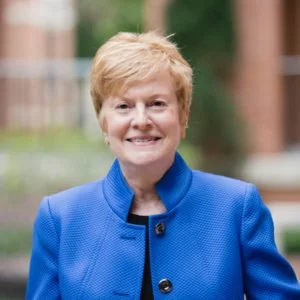
The Future of Theology
Without deep faith, which comes from deep and critical learning and teaching, the cultural imagination of our age will consign Christian faith to the nursery with other pleasant fables and fairy stories. All academic research presumes we cannot simply be satisfied and teach the received norms and traditions of any subject, but engage in research which catalyses new ways of thinking, being and doing in the world today. This is as true of Theology as any other discipline. And, if we are to re-engage a society which has more than ever been educated and apprenticed to this kind of thinking, the formation of those who will go on to teach the faith of Christianity to the broader public in their localities should wisely embody the kinds of deep, culture-changing thinking and reflection which is needed for Christianity once again to shape and transform the societies of which we are a part. As the world’s only institute for advanced study dedicated to Theology, our Director has assembled major theological thinkers from around the globe to convene to consider The Future of Theology in terms of the church, university and world. What can and must theologians be working on if we are to bring about the theological renaissance for which CTI was founded?
-
Tom Greggs, DLitt, FRSE, arrived at CTI as director in July 2025 from the University of Aberdeen, where he held The Marischal Chair of Divinity (founded in 1616) and served for over a decade as either Director of Research or Head of Divinity. A Fellow of the Royal Society of Edinburgh, Tom undertook studies in Theology at the University of Oxford (where he graduated first in his year) and a PhD in Systematic Theology at the University of Cambridge (where one of his mentors was the late Dan Hardy, first Director of CTI). He holds the higher Doctor of Letters degree for ‘research that marks an original and substantial contribution to humane learning’. Tom served on the UK government’s panel which assesses university research and serves on the World Council of Churches Faith and Order Commission. A prolific author, his most recent books include: Dogmatic Ecclesiology Volume 1; The Church in a World of Religions; Barth and Bonhoeffer as Contributors to Post-Liberal Ecclesiology; and The Breadth of Salvation.
-
Joshua Mauldin is Associate Director of CTI. He holds a PhD in theological ethics, and he is the author of Barth, Bonhoeffer, and Modern Politics (Oxford University Press, 2021), co-editor of the Oxford Handbook of Reinhold Niebuhr (Oxford University Press, 2021), co-editor of The Future of Christian Realism (Lexington, 2023), and co-editor of Theology as Interdisciplinary Inquiry: Learning with and from the Natural and Human Sciences (Eerdmans, 2017). His research has been published in scholarly journals such as the Oxford Journal of Law and Religion, Theology Today, Political Theology, and the Journal of Law and Religion.
-
Eric Gregory is Professor of Religion at Princeton University. His research and teaching focuson religious and philosophical ethics, theology, political theory, law and religion, and the role of religion in public life. He is the author of Politics & The Order of Love: An Augustinian Ethic of Democratic Citizenship (University of Chicago Press, 2008), and recent articles on myth and politics, the philosophy of history, secularity, and moral supererogation. Among his current projects is a book tentatively titled, The In-Gathering of Strangers: Global Justice and Political Theology, which examines secular and religious perspectives on global justice. Former Chair of the Humanities Council at Princeton, he also serves on the editorial board of the Journal of Religious Ethics and sits with the executive committee of the University Center for Human Values. In 2007, he was awarded Princeton's President's Award for Distinguished Teaching. A graduate of Harvard College, he earned an M.Phil. and Diploma in Theology from the University of Oxford as a Rhodes Scholar, and his doctorate in ReligiousStudies from Yale University. In 2025-2026, he is Old Dominion Research Professor in the Humanities at Princeton and Senior Fellow at the Center of Theological Inquiry.
-
Elise Edwards, PhD is a scholar, writer, and architect who bridges the disciplines of theology, ethics, and architecture. As an Associate Professor of Religion at Baylor University, she also directs the Baylor Initiative in Christianity and the Arts and is affiliate faculty in Women's and Gender Studies. Her research at CTI focuses on hope and flourishing in architecture and digital spaces, and she is developing a book about womanist approaches to the built environment. Dr. Edwards is the author of Architecture, Theology, and Ethics: Making Architectural Design More Just and co-editor of The Routledge Handbook of Religion and Cities.
-
Beverly Gaventa is Helen H.P. Manson Professor of New Testament Literature and Exegesis Emerita at Princeton Theological Seminary and Distinguished Professor of New Testament at Baylor University (retired). Her most recent publication is a commentary on Paul’s Letter to the Romans (WJK, 2024). In October, Baylor University Press will release a companion volume, Readings in Romans: Interpreting Paul’s Apocalyptic Gospel. During 2016 she was president of the Society of Biblical Literature. In 2020, Gaventa received the Burkitt Medal by the British Society for Arts and Humanities, an annual award in biblical studies seldom bestowed on an American scholar.
-
aniel Lee Hill (PhD, Wheaton College) is assistant professor of Christian theology at Baylor University’s George W. Truett Theological Seminary in Waco, Texas. He is the author of Bearing Witness: What the Church Can Learn from Early Abolitionists (Baker Academic, 2025) and Gathered on the Road to Zion: Toward a Free Church Ecclesio-Anthropology (Pickwick, 2021). He is currently writing a book on human frailty and co-writing a book on how doxology informs theological inquiry.
-
Mark Lindsay is an historical theologian, with specific areas of interest in Barthian and post-Holocaust theologies, Patristic and modern European Church History, and Anglican Studies. He is a priest in the Anglican Diocese of Melbourne. He has just published, as his fifth monograph, a biography of the New Testament scholar, Markus Barth.
-
Sonia Lindsay has worked in Australia and Asia supporting organisational systems (usually workplaces) with people management and people strategies. She has a background in education, social sciences with a focus on industrial relaitons and organisational dynamics. Over the last 27 years she has worked with Deloitte, Government, Churches and a range of corporates to align values and behaviours in the workplace. She uses a trauma-informed approach and specialises as a practitioner in a range of conflict situations. Sonia also practices as a community developer working with migrant communities in Victoria.








